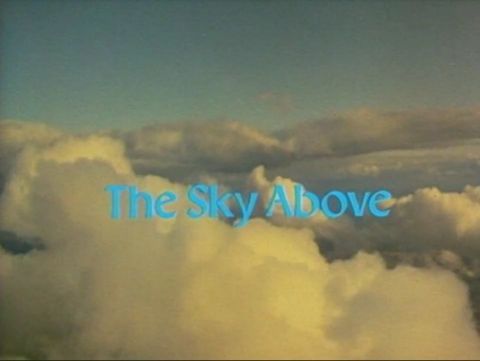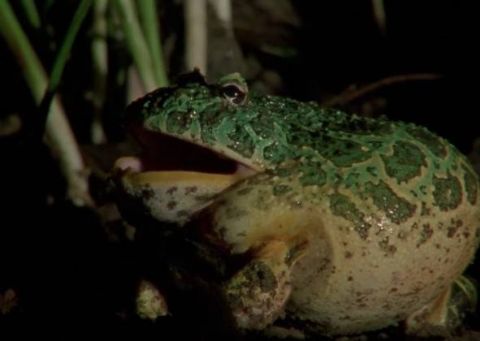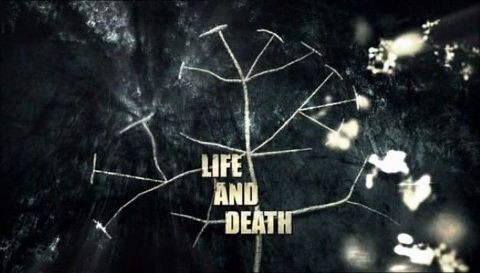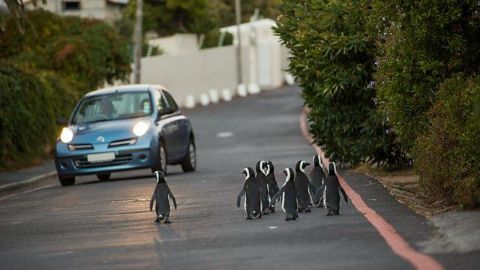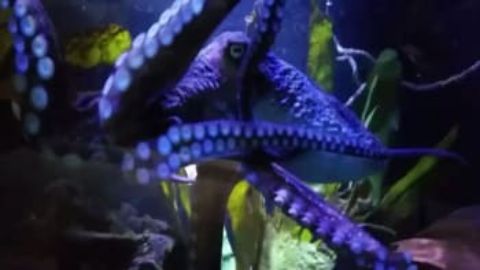Stated Clearly • 2015 • 8 episodes •
Darwin's theory of biological evolution helps us understand how simple life forms can give rise to complex lifeforms, but how did the first reproducing creatures come about? The origin of life needs its own explanation.
Issues of genetics and DNA are constantly cropping up in the news from food production and health, to legal cases and ethics. We hear about DNA in movies like Jurassic Park and X-men, we learn bits and pieces about it from TV shows like Dexter and and CSI, but what exactly is DNA, and how does it work?
You've probably heard about GMOs or Genetically Modified Organisms but what exactly is a gene and what does it mean to modify the genes of a plant or animal?
Evolution is often considered a complex and controversial topic but it's actually a very simple concept to understand. Watch this short animation to see how evolution works.
Natural Selection is one of the main concepts found within the theory of evolution. It was discovered by Charles Darwin and Alfred Russel Wallace though Darwin championed the idea in his book "On the Origin of Species".
The discovery of biological evolution is among the most significant scientific findings of the last 200 years. It has lead us to thousands of new discoveries and is greatly expanding our understanding of the natural world.
Biologists teach that all living things on Earth are related. Is there any solid evidence to back this claim? Join us as we explore the facts! We start with a close look at the origin of whales from land mammals, and then touch on the origins of several other critters, including our own species.
The Miller-Urey experiment was the first attempt to scientifically explore ideas about the origin of life. Stanley Miller simulated conditions thought be common on the ancient Earth. The purpose was to test the idea that the complex molecules of life (in this case, amino acids) could have arisen on our young planet through simple, natural chemical reactions.
2015 • Nature








